











Read More
M.Sc. in Mathematics is a 2-year postgraduate programme which is divided into four semesters with a total number of 96 credits. It deals with a wide range of courses covering pure and applied areas of mathematical sciences. In MSc Mathematics, students get a deeper knowledge of advanced mathematics through a vast preference for subjects as algebra, calculus, real and complex analysis, number theory and computational mathematics. The students become more skilled and develop a disciplined thought process, logical articulation and problem-solving attitude through different thrust areas of Mathematics. To get admitted to Assam down town University M.Sc in Mathematics course, applicants must meet the entry requirements-45% in graduation.
Year wise Course Details
Courses for this semester
This subject teaches the knowledge of Ordinary Differential Equation of 1st and 2nd order and their general solution. The students will learn the governing mathematical formulation and their solution of various physical problem.
This paper is intended for students to develop a strong foundation in Algebra with special emphasis on finite groups and algebraic number theory.
This paper build a strong analytical foundation of basic Real Analysis.
This paper gives a theoretical treatment to the numerical methods used to solve various problems of science and engineering.
To understand the concept of writing research articles and review. Students will apprehend and understand the importance of different types of scientific writing/documentation.
Participation in extracurricular activities enhances leadership, teamwork, and communication skills, fosters creativity and critical thinking, and promotes personal growth. Students develop resilience, adaptability, and social responsibility, gaining competencies that complement academic learning and prepare them for real-world challenges.
Courses for this semester
This paper offers linear and non-linear partial differential equation and the properties of three important types of second order partial differential equations (Wave, Laplace, Heat).
This paper deal with the beautiful interplay between abstract theory and concrete applications of Linear Algebra. One of the goals of the course is to emphasize the analytic and geometric techniques of Linear Algebra.
This paper will help the students to understand the basics of functions of complex variables, introduction to the theory of complex integration, conformal mappings etc. It is a course of particular importance to students of both pure and applied mathematics. Moreover, the student will be familiar with selected advanced topics, such as analytic continuation, meromorphic functions and will also be able to analysis and solve problems from mathematics and natural science/ technology.
This course aims to develop teaching skills and pedagogical strategies for effective knowledge transfer in higher education.
This course offers "An overview of research methodology including basic concepts employed in quantitative and qualitative research methods. Includes computer applications for research.
Courses for this semester
This course build a strong foundation for Tensor Analysis for its application in Continuum Mechanics, Fluid Dynamics, MHD, Classical Mechanics etc. Also learn the mathematical formulations of various mechanical problems.
Functional analysis will give knowledge of certain topological-algebraic all structures and the methods by which they could be applied to analytical problems. The objective of the course is to study the main properties of bounded operators between Banach and Hilbert spaces, the basic results associated to different types of convergences in normed spaces and the spectral theorem and its applications.
Number theory introduces students to some of the classical problems in elementary number theory. Topics include divisibility, primes, unique factorization, Diophantine equation, congruences, quadratic reciprocity. Optional topics may include sums of squares, number theoretic functions continued fractions, prime number theory etc.
This course introduces fundamental aspects of fluid flow behaviours and Dynamics of viscous fluid flows and governing equations of motion.
This paper include topological spaces, open and closed sets, continuity, compactness, and connectedness. The subject also explores how these concepts generalize in analysis and calculus.

CST- Common scholarship test is a national and international level online MCQ based examination funded for intellectual empowerment by Assam down town University.
CST- Maximum enrolment each year is 269 seats and any 10+2 students can apply. Adtu is northeast India’s first placement driven university to provide 100% scholarship benefits worth 30 cr.
CST aims to inspire brilliant and competent students to pursue further education. Accredited with a prestigious grade by NAAC, UGC and AICTE.
Explore more scholarships that can help you reach out your goal with financial aid.
This scholarship is valid on the basis of the board/university examination
| 95% & above | 100% Scholarship on all semester |
| 90%-94.9% | 50% Scholarship on all semester |
| 80%-89.9% | 25% Scholarship on all semester |
This scholarship is valid on the basis of the board/university exam
| National & International Level | 100% Scholarship on all semester |
| State Level | 50% Scholarship on all semester |
| District Level | 25% Scholarship on all semester |
This scholarship is valid on the basis of the board/university exam
| National & International Level | 100% Scholarship on all semester |
| State Level | 50% Scholarship on all semester |
| District Level & NCC Certificate Holder | 25% Scholarship on all semester |
Discover a multitude of world-class amenities and cutting-edge resources at Assam down town University, enhancing your academic journey to new heights.
The Start-Up & Incubation Centre at Assam down town University provides a supportive environment for young entrepreneurs to develop and grow their business ideas. The center provides mentorship, funding, and networking opportunities to help innovative ideas become successful businesses.
SFURTI scheme to support rural entrepreneurs and innovators, an initiative by the Ministry of MSME
TIDE 2.0 scheme for ICT-based startups which provides a grant of Rs. 4L and Rs. 7L under EiR and Grant categories respectively, an initiative by the Ministry of MeitY.
dtVL Ideation, an incubation program for early-stage entrepreneurs with a market-ready solution/product, offering interest-free loans up to Rs. 2 lakhs.
Sprout UP, an incubation program for students, faculties, and researchers with innovative business ideas, prototypes, or technology solutions.

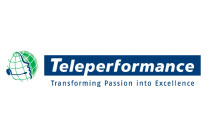



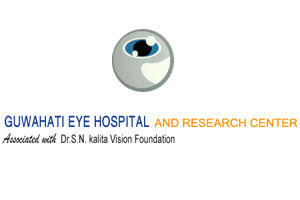
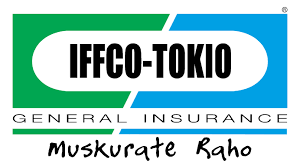



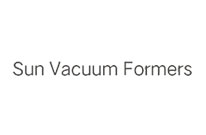




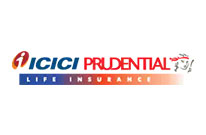
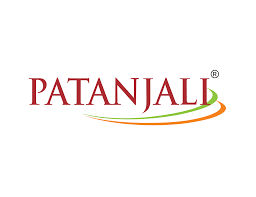








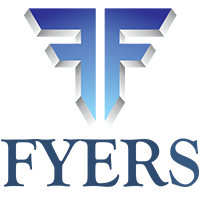




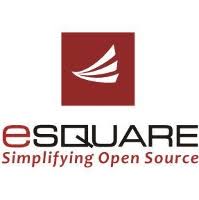




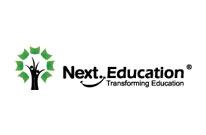



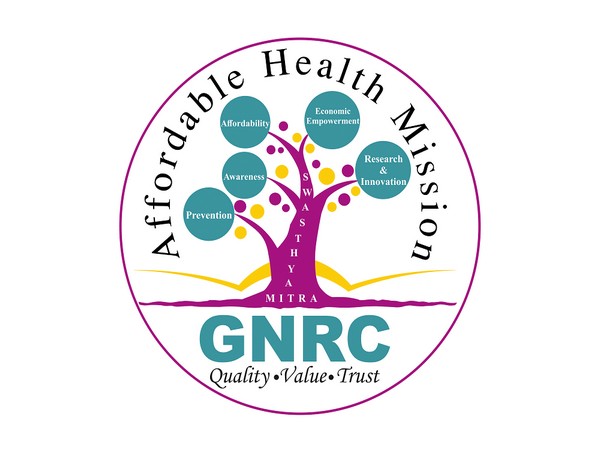
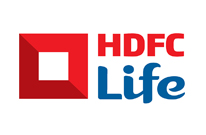
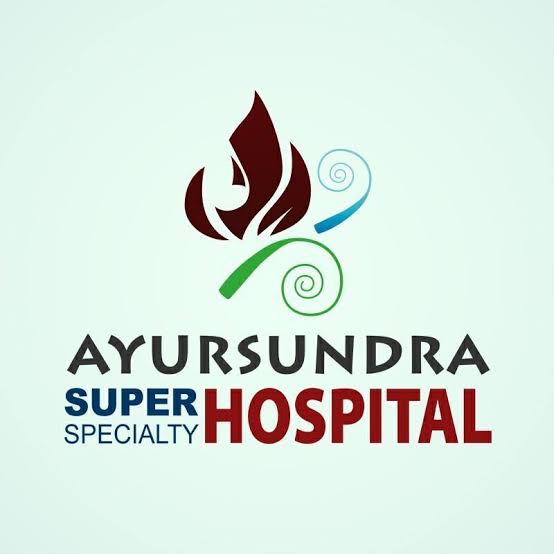
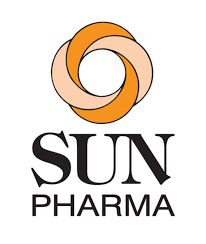




.png)
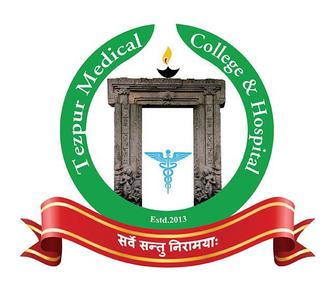

"I am a BBA student of 3rd semester. I hail from Bhutan. I vow that I am having a great experience i...
"AdtU is amazing. I am a BBA student of 2019-22 batch and I am just grateful for the amount of oppor...
Let us be grateful to the people and place who makes us happy. They are the charming gardeners whom ...
Currently I am pursuing MBA in Assam Down Town University. MBA is the professional course through wh...
AdtU is a university that focuses on giving knowledge, education and simultaneously making the stude...
The Assam downtown University has been a great learning experience. The university has provided me w...
My experience with AdtU has been splendid one indeed. Little needs to said about its scenic infrastr...
As a student I am very glad that I have got an opportunity to study here in Assam downtown universi...
My name is Sakhyajit Roy. I?m from Tripura. I joined the university on Auguest, 2017 as a student of...
I share immense pleasure to share my post graduate program experience in Assam down town University....
AdtU is a platform where I got golden opportunities to feed my zeal for knowledge through the dynami...
I am fortunate to get an opportunity to study here in Assam Downtown University. The best thing abou...
Our university is one of the best place for developing ourselves in the field of research and acedem...
ADTU is a university that is very good interms of infrastructure, academics and placements. Our tea...
It is one of best private colleges in North East India, it also provides a good environment for ed...
ADTU is a good University which provides the students with best quality lectures and ensures comfort...
The environment of Assam downtown university is very pleasant.The department of BMLT is very good a...
The university has all the necessary facilities and amenities for students . The classrooms and the ...
Assam downtown University is well recognised all over india. In the ongoing pandemic situation it ha...








